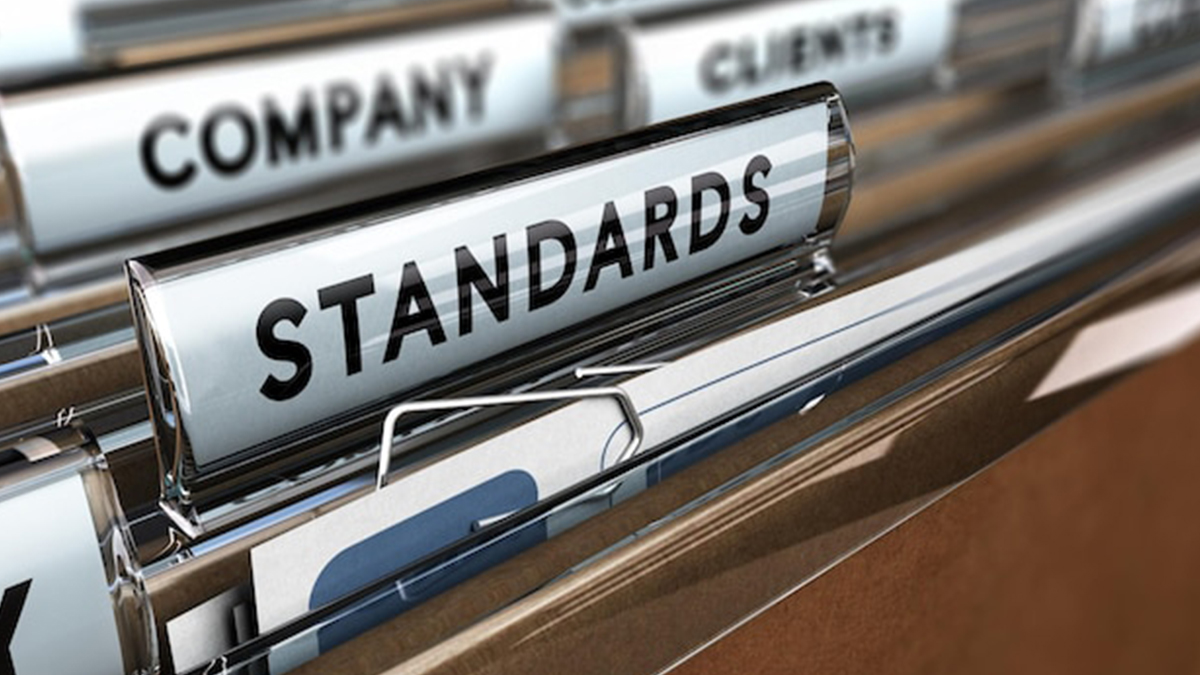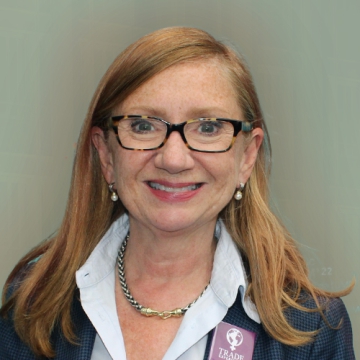Ironing out diverging standards. One reason for business to support the WTO
In a recent meeting with a group of global innovators, I was approached by a manufacturer of tagatose, an alternative sweetener, from the United States, a developer of plant-based meat from Singapore and a provider of drone solutions from Germany. What did they have in common?
While operating in different sectors, these executives had the same concerns: how to deal with diverging requirements and specifications across the world as these conflicting standards complicate their operations, increase compliance costs, and shut them out of potential new export markets. They wanted to know whether the World Trade Organization (WTO) has any involvement with standards and whether anything can be done about them. The answer is a clear yes.

Standards are a key feature of modern economies. They are the tool of choice for governments to underpin public policy goals in every area, from climate change to digitalization, to health, food safety, and more. Governments have legitimate reasons for regulating differently, including varying perceptions of risk, income levels and cultures, as well as different political and legal systems, climates, technologies and capacities. However, this can lead to a proliferation of divergent, overlapping or otherwise inconsistent regulations, which is sometimes unnecessary and often problematic.
In contrast, international standards help “translate” divergent approaches into more coherent ones: they are like a common language for trade on which a more coherent set of regulations can be built.
For exporters, regulatory heterogeneity can result in information costs. These costs are associated with understanding the applicable regulations and adjusting products and/or processes to different national regulations, as well as with testing, inspection, and certification requirements for export markets. For businesses engaged in global value chains, differences in domestic regulations can lead to friction and delays, which can generate inefficiencies and disruptions across the network. Fixed costs resulting from compliance with divergent regulatory requirements are particularly burdensome for small and medium-sized enterprises and may deter them from participating in trade.
Take decarbonization standards. In the steel sector alone, there are at least 20 different sets of standards and initiatives. In the recent WTO Trade Forum for Decarbonization Standards, industry stakeholders highlighted how these contrasting yardsticks for measuring carbon emissions create uncertainty for producers, increase transaction costs and fragment markets. Regulatory diversity across countries reduces incentives to scale up green trade, innovation and investment. Some stakeholders have highlighted that standards should be globally relevant and technology-neutral, science-based and ambitious, with well-understood boundaries and scope, and should ensure transparency in monitoring, reporting and verification.
International regulatory cooperation, including through the WTO, can help address barriers to economic integration and trade. Cooperation on regulatory issues may take different forms, ranging from informal exchanges of information to more formal and comprehensive mechanisms. These include promoting convergence through the development and use of the international standards on which regulations are based. Alternatively, different regulations may be accepted as equivalent to achieve mutual recognition. Convergence can also be promoted through good regulatory practices — such as transparency, stakeholder engagement and the use of impact assessments.
The WTO has two sets of agreements that foster cross-border cooperation on regulatory issues: the Agreement on Technical Barriers to Trade (TBT Agreement), which covers technical regulations, standards and procedures for testing and certification, and the Agreement on the Application of Sanitary and Phytosanitary Measures (SPS Agreement), which refers to health and safety-related measures for agricultural products.
These agreements include disciplines that address the preparation, adoption and application of domestic regulations on goods. The WTO's 164 members are also strongly encouraged to use relevant international standards, guidelines and recommendations as the basis for their measures. Critically, these agreements require that regulations not be discriminatory, nor more trade-restrictive than necessary. WTO regular committees work to help sort out trade concerns associated with implementing these requirements. The WTO also provides guidance on how international standards should be set so as best to promote global trade and regulatory alignment.
Standards are also essential in the digital economy — both for goods and services. Agreeing on common baseline standards to promote interoperability at the global level is important to avoid digital trade fragmentation and help all countries tap into digital trade opportunities. Digitally delivered services exports totalled US$ 3.7 trillion in 2021 and are growing faster than trade in goods and in other types of services. At the WTO, more and more members are discussing the standards and regulations affecting a wide variety of digital issues, ranging from autonomous vehicles and drones to 5G and artificial intelligence (AI), while a large group of WTO members is negotiating global rules on electronic commerce.
Even if it does not set standards, the WTO plays a key role in promoting greater coherence in the world of regulations. Its rules and guidance promote international standards. When there are differences, it helps iron these out. The organization can support innovators whose ability to grow and expand often rests on an integrated world market underpinned by rules that promote openness, transparency, and predictability. At the same time, the capacity of trade to deliver value for economies, societies and the environment depends largely on a thriving and vibrant innovation community.
Ultimately, the trade and innovation communities are deeply intertwined. Standards bring them together.
* Anabel González was Deputy Director-General from June 2021 to August 2023
